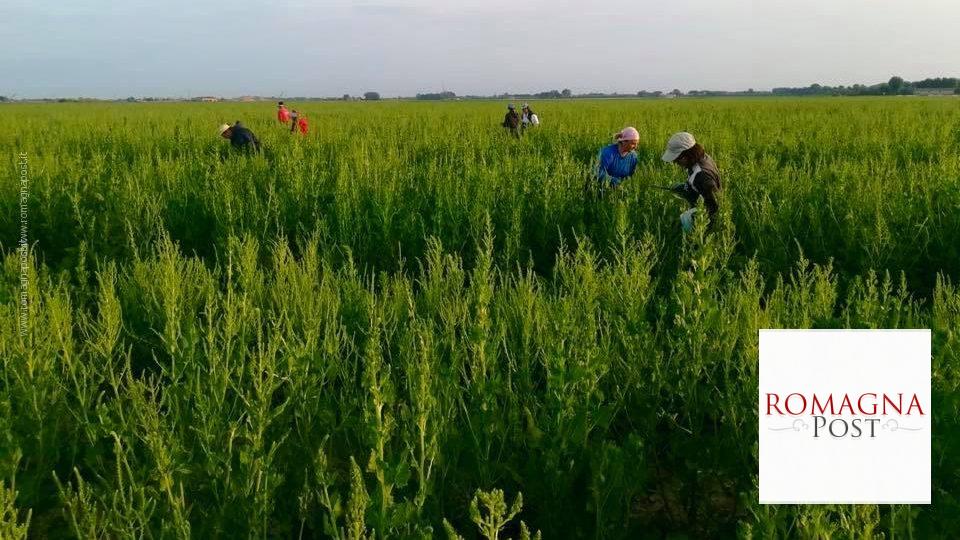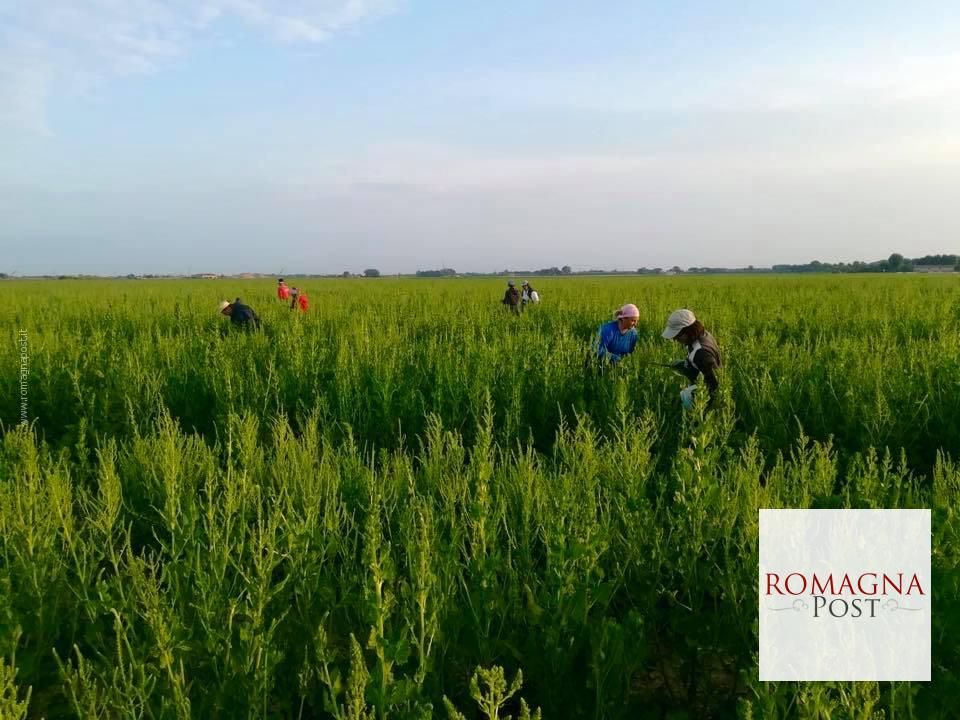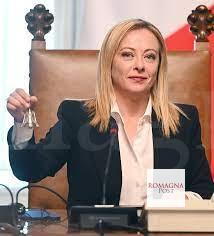

Set up and test a new voluntary carbon emissions market, open to the farmers of the Adriatic regions of Italy and Croatia. This is the main goal of the GECO2 project, funded by the Interreg EU programme. The kick-off meeting between the partners is being held in Ravenna, Italy, on June 27 and 28.
The leader of the project is ARPAE, the Regional Agency for Prevention, Environment and Energy of Emilia-Romagna, Italy. The other partners are CIHEAM Bari, Molise Region, Marche Region, Rera sd for coordination and development of Split Dalmatia County, Agrra – Zadar (Zara) County rural development agency, Dubrovnik Neretva Region and Legacoop Romagna.
GECO2 aims to address the global warming challenges that local populations are already facing in the form of extreme climatic events. Scientists tell us that is is urgent to develop concrete actions and agriculture is central in increasing the ability of communities to adapt to these issues.
Carbon dioxide, the most relevant greenhouse gas, can be captured and stocked in soils effectively by adopting new and more sustainable farming methods. More efficient agroecosystems are the key to preserving a healthy environment and food productions in the years to come.
But how to engage and inform farmers of these opportunities? This is where GECO2 enters the field, introducing the idea of a voluntary market of carbon dioxide equivalent (CO2e) emissions dedicated to the agricultural sector. Farmers will be supported in measuring and selling their CO2e credits to potential buyers and meanwhile will get access to innovative and sustainable cultivation methods. Buyers, on their side, will gain a new green marketing lever to distinguish themselves, while communities and public authorities will benefit from better environmental conditions and eco-friendlier products.
The GECO2 project pursues two more goals: the creation of the Regional Climatic change observatory, a network of local observatories directed to monitor and understand climate changes in the Adriatic region, and the implementation of resilience and adaptation measures by local communities.
«We want to promote the enhancing of adaptation actions at multiple levels of governance, including regional, subnational and local levels» says Vittorio Marletto, project leader.
The GECO2 project is funded by the Italy-Croatia CBC Programme, which supports cooperation among the regions of the two member states overlooking the Adriatic sea, where live more than 12,4 million European citizens.
Questo post è stato letto 601 volte






